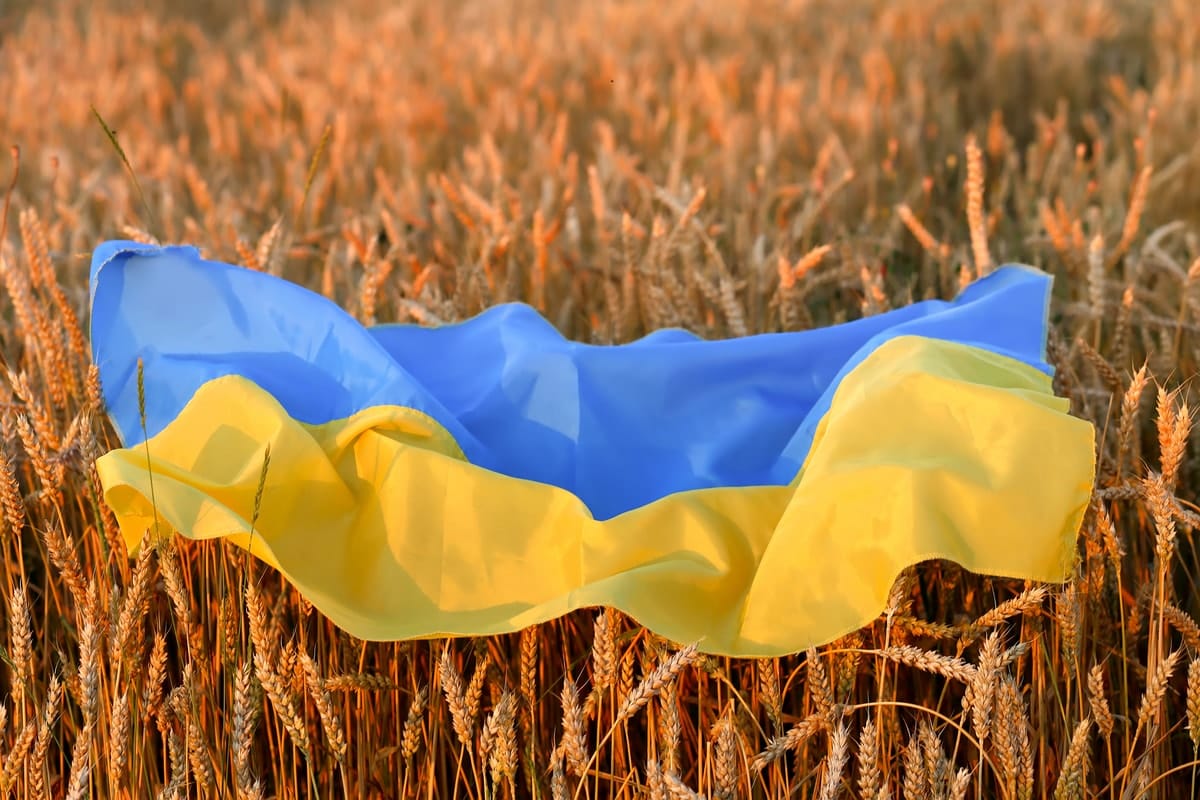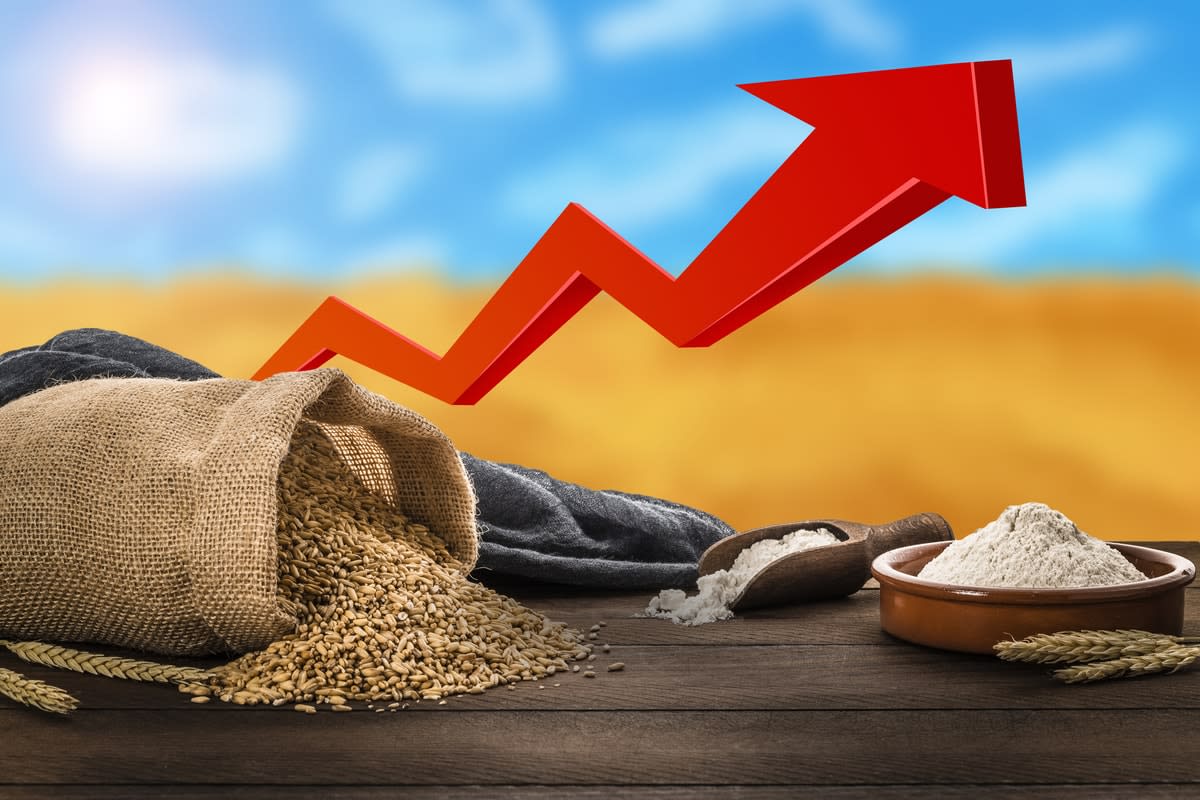
Although relatively small in size compared with other major global grain producers, for the past few decades Ukraine has punched above its weight in regard to its significant production of wheat, corn and sunflower oil. In fact, it’s been labelled the “Breadbasket of Europe”.
Prior to the Russian invasion, Ukraine was expected to contribute 12% of global wheat exports in 2022.
However, silos dotted around the stricken country are now bursting with the autumn harvest that should have been hitting the world markets weeks ago, with no signs Russia will ease its blockade of ships leaving Ukraine.
Adding to the problem, fields that are normally being worked in preparation for the spring sowing season are the subject of bloody battles unlikely to end any time soon.
The ongoing conflict in Ukraine is going to have a significant, long-term impact on global food supplies and food security in many countries, particularly across Europe and the Middle East.
By mid-March, the wheat price increased by more than 50% on the Chicago Board of Trade, severely impacting the importing nations.
Read more: What we lose by ‘Westsplaining’ the Russian invasion of Ukraine
The devastation caused by this conflict across Ukraine’s food supply chains will take a significant amount of time and effort to stabilise.
Farm supplies, including seeds, fertilisers and machinery, local farm production and food processing facilities, and domestic transportation and shipping ports, have all been severely disrupted or badly damaged.
Ukrainian President Volodymyr Zelensky recently made a televised appeal to the nation to embark on a major sowing campaign as soon as possible, but even still, the sowing and harvesting patterns will have been disrupted, contributing to short-to-medium-term price increases.
Governments, NGOs must step up
Rebuilding food supply chains disrupted by the Ukraine conflict will require a significant effort from governments, as well as NGOs and private organisations globally.
Some of the food produced in the Ukraine ends up as food aid to a number of desperately poor countries around the world, and meeting the shortfall as a result of the conflict will need a calculated response to avoid famine.
Investments to rebuild infrastructure will need to be secured, presenting challenges in the short term. Other countries, including Australia and Canada, will not easily be able to fill the gaps in food supply, particularly due to the global shipping slowdown resulting from the COVID-19 pandemic.
Of course, Australia has a role to play here, because it’s a large commodity producer with highly developed farm production, and food processing and distribution systems in place.
However, being so far from Europe presents logistical challenges, and the recent increase in fuel costs and high dependence on fuels for many activities/processes along the food supply chain, as well as the current labour shortages, mean an effective immediate response to resolve food shortages in Europe may not be possible.

Speed is the the key
The speed at which key entities along the food supply chain can ramp up will be critical. Ramping up food production is highly dependent on seasons and the capacity needed at various points along the supply chain.
The conflict in Ukraine may benefit some wheat/grain-producing nations in the short term due to increasing prices, but this must be balanced against increasing fuel prices and the slowdown in global shipping, as well as the increasing stress levels this all presents for producers, supply chain/logistics professionals, and consumers.
Read more: Putting Putin’s false history of Ukraine into perspective
Ultimately, the losers in all this are the consumers, especially those in developing and poorer nations.
Global food security is a massive issue, particularly for developing nations, but there’s scope for an international solution.
While there are many forces (politically motivated or otherwise) that impact on the decisions being made, it’s clear we must work collaboratively to solve the global food shortage problem, and find ways to improve access to nutritional food for everyone.





